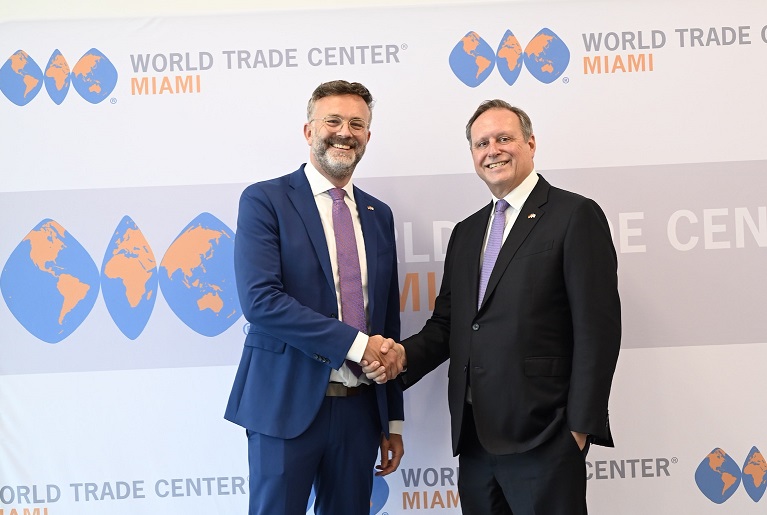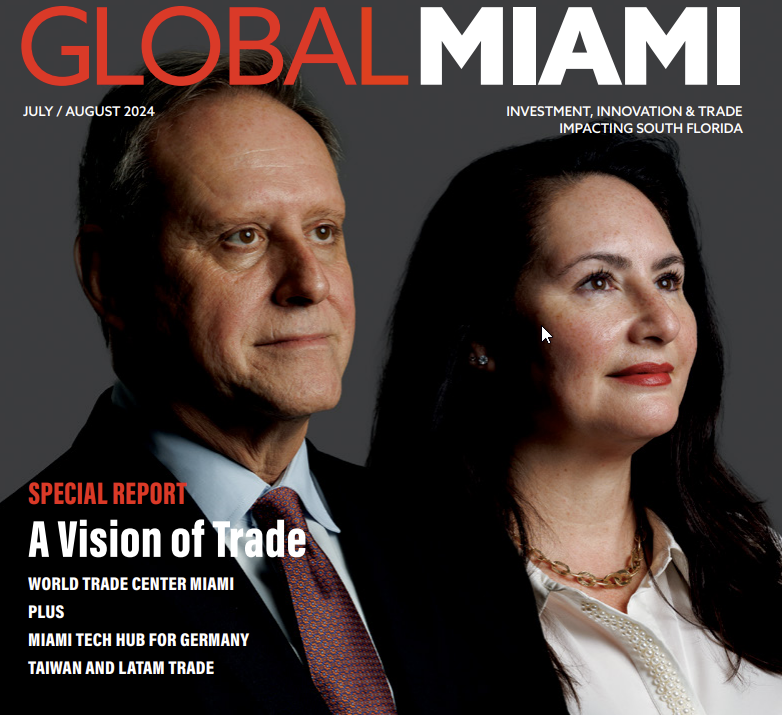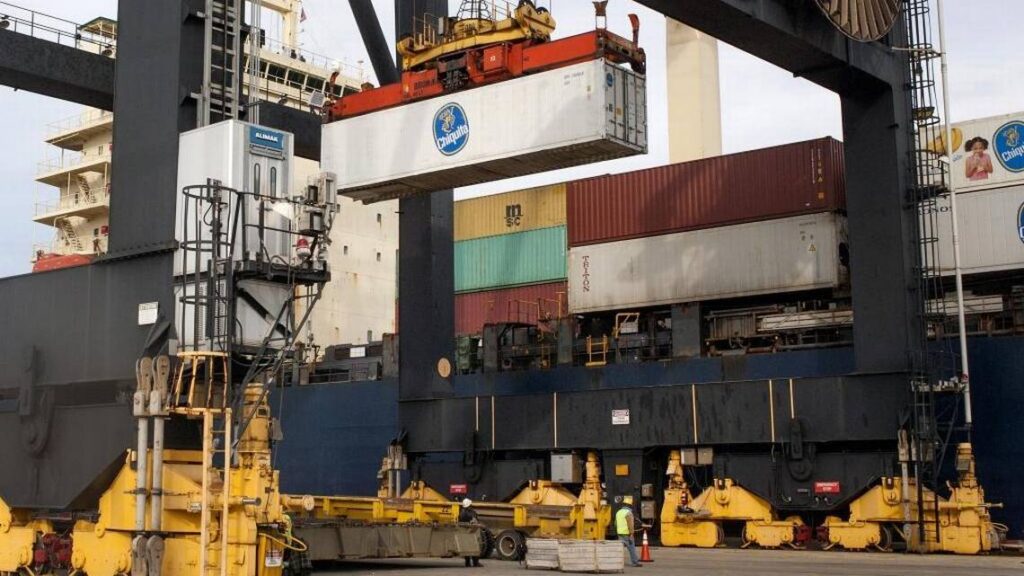The opportunity for Miami is here and now – if momentum is maintained.
By Manny Mencia
Forty-five years in the international economic development arena has given me a unique perspective on the evolution of Greater Miami, from an economic backwater dependent on tourism and retirement to an emerging economic powerhouse, the undisputed business capital of LATAM, and an emerging world-class city.

During these decades, Miami – a city of dreamers and immigrants – overcame a long list of external and domestic challenges to emerge as what’s considered our nation’s best location for multinational business and its fastest-growing technology and financial center.
I entered the economic development arena at a time when Miami, a mid-sized city with limited economic alternatives, was experiencing massive waves of immigrants fleeing Cuba and later Haiti, Nicaragua, and other Hemispheric nations. It was a time when visionary Miami Mayor Maurice Ferré began promoting Miami as “El Puente de las Americas,” the Americas Bridge, seeking to capitalize on Miami’s geographic position and growing cultural diversity to create a burgeoning cluster of importers and exporters.
Then disaster struck in the form of the Latin American Debt Crisis of the 1980s. Almost overnight, Miami’s international economy collapsed, and thousands of small businesses were forced to cease international operations. In less than two years, the Miami Yellow Pages went from over 90 pages of companies advertising as exporters to less than 20 pages. Miami’s economy was further stressed by the Mariel boat lift, immigrants fleeing guerrilla wars in Central America, and racial disharmony that culminated in nationally televised violent protests in 1980 and ’89.
Even as Miami’s economy recovered in the ’90s, the region was faced with a growing public safety crisis largely fueled by drug smuggling. Time’s now famous “Paradise Lost” headline made it almost impossible to attract new businesses. Then, in August 1992, Hurricane Andrew devastated much of south Miami-Dade County; thousands of Miamians fled. It is this background that makes Miami’s comeback in the 21st century a truly remarkable story, for which Miami’s leadership, both public and private, deserves recognition.
The new Miami has leveraged the talents of its amazingly diverse communities, as well as its privileged geographic location, dramatically expanding its seaport and airport infrastructure. Companies from the Hemisphere now come, not only to buy and sell products, but also to access new technologies, healthcare, specialized training, and new ideas. Global investors have helped transform the Miami skyline and brought in massive amounts of investment capital. And these investors come not only from the Americas, but also from Europe, Asia, and the Middle East, attracted by pro-business policies and moderate taxes. The icing on the cake was the pandemic, bringing dozens of major firms from New York, Chicago, and California to make Miami one of the fastest-growing technology and financial hubs in the world.
So, do we now live happily ever after? Unfortunately, not yet. My experience is that, in economic development, there is no such thing as a permanent win. Communities need ever-improving services and investments to maintain a high quality of life. This means spending not only for our ports and airports, but for access roads and highways and inland distribution centers, so that goods can flow efficiently from our ports.
Training young Miamians for technology related jobs will be critical to maintaining this momentum. Vocational education can’t be ignored either, for the thousands of trade and logistics jobs available. We must continue to support a technology ecosystem that supports young tech companies. Our local and state leadership most also promote Miami to the world through trade missions, cultural exchanges, and strategic alliances. Finally, we need to maintain the highest quality of life (including affordable housing!) and the most harmonious relations possible among our various ethnic groups, ensuring equal opportunity for all.



